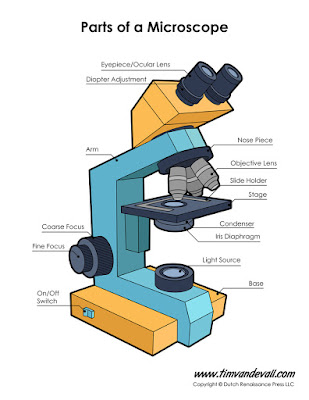Unit #1 - Ecosystems - Learning Goals and Expectations
Terrestrial Biomes
Concepts and Vocabulary to be Covered:
- Ecosystem
- Biotic
- Abiotic
- Habitat
- Consumers (Primary / Secondary / Tertiary)
- Apex Predator
- Carnivore
- Herbivore
- Omnivore
- Producers
- Scavengers
- Decomposers
- Photosynthesis
- Chlorophyll
- Cellular Respiration
- Food Chain
- Food Web
- Food Pyramid - flow of energy
- Biological Amplification
- Leaching – Human Impact
- Water Cycle – evaporation, condensation, precipitation
- Water vapour
- Carbon Cycle
- Levels of ecological organization
- Organism
- Species
- Population
- Community
- Ecosystem
- Biome
- Biosphere
- Adaptations
- Invasive species
- Extinction
- Endangered
- Threatened
- Incineration
- Landfill
- Sustainable Development
- Clear Cutting (Debate – pro vs. cons)
- Succession – primary / secondary
- Primary Succession
- Acid Rain / pH scale
- Global Warming
- Biodiversity
- Biodegradable
Curriculum Expectations to be Covered:
Overall Expectations:
1.Assess the impacts of human
activities and technologies on the environment, and evaluate ways of
controlling these impacts
2.Investigate interactions within
the environment, and identify factors that affect the balance between different
components of an ecosystem;
3.Demonstrate an understanding of
interactions between and among biotic and abiotic elements in the environment.
Specific Expectations:
1.1 - Assess the impact of selected technologies
on the environment
1.2 - Analyse the costs and benefits of
selected strategies for protecting the environment
2.2-
Design and construct a model
ecosystem (e.g., a composter, a classroom terrarium, a green- house),
and use it to investigate interactions between the biotic and abiotic
components
in an ecosystem
2.3 - Use scientific inquiry/research skills to investigate occurrences (e.g.,
a forest fire, a drought, an infestation of invasive species such as zebra
mussels in a local lake
or purple loosestrife in a wetland habitat) that
affect the balance within a local ecosystem
2.4
- Use appropriate science and technology vocabulary, including sustainability,
biotic, ecosystem, community, population, and producer,
in oral and written communication
3.1
- Demonstrate an understanding of an ecosystem (e.g., a log, a pond, a
forest) as a system of interactions between living organisms and their
environment
3.2
- Identify biotic and abiotic elements in an ecosystem, and describe the
interactions between them (e.g., between hours of sunlight and the growth of
plants in a pond; between a termite colony and a decaying log; between the
soil, plants, and animals in a forest)
3.3 - Describe the roles and interactions of producers,
consumers, and decomposers within an ecosystem
3.4
- Describe the transfer of energy in a food chain and explain the effects of
the elimination of any part of the chain
3.5
- Describe how matter is cycled within the environment and explain how it
promotes sustain- ability (e.g., bears carry salmon into the forest, where
the remains decompose and add nutrients to the soil, thus supporting plant
growth; through crop rotation, nutrients for future crops are created from the
decomposition of the waste matter of previous crops)
3.6 - Distinguish between primary succession (e.g., the
growth of native grasses on a sand dune) and secondary succession (e.g.,
the growth of grasses and shrubs in a ploughed field) within an ecosystem
3.7
- Explain why an ecosystem is limited in the number of living things (e.g.,
plants and animals, including humans) that it can support
3.8
- Describe ways in which human activities and technologies alter balances and
interactions in the environment (e.g., clear-cutting a forest, overusing
motorized water vehicles, managing wolf-killings in Yukon)



